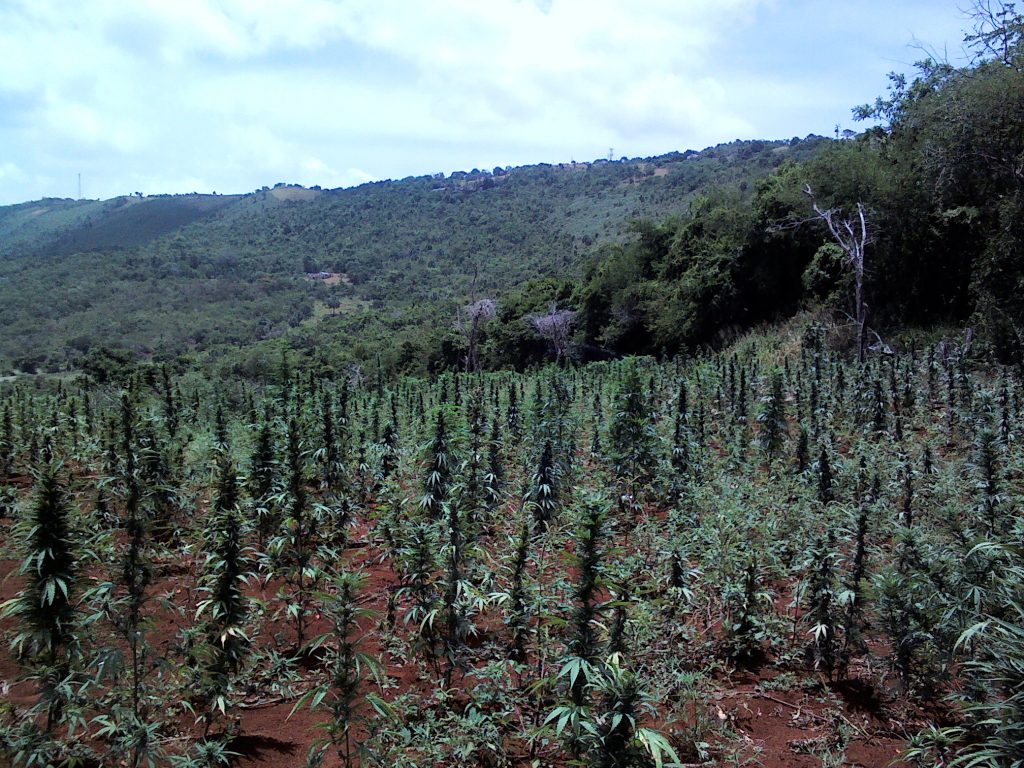Farmers in Jamaica are struggling to engage with the nation’s new medical marijuana (or ‘ganja’) scheme, according to a new study.
The findings of the study, conducted by a student at Writtle University College, have been published in the International Journal of Drug Policy.
Study author Simon Jones reveals that, out of the over 180,000 registered farmers growing traditional crops in Jamaica, only 25 applications for ganja cultivation have been made. High licensing fees and other financial and infrastructural burdens have been cited as the main impediments to farmers.
Jamaica appears to have drawn their new regulations from schemes implemented in North America with little localisation for a developing country. Therefore, small farmers will likely continue to grow and sell illegally, potentially warping the medical market and undermining its successful implementation.
Government Ministers have highlighted the benefits of introducing a medical ganja scheme to diversify the Jamaican economy. The scheme could increase employment, support the rights of Rastafarians and reduce the use of criminal justice resources, which are currently scarce.
Jones notes that, as developed countries and developing countries such as Jamaica introduce medical marijuana schemes, there have been significant differences in the business practices underlying the practical implementation of the schemes.
However, some of the differences can be attributed to differing interpretations of how medical schemes can be introduced while still meeting international treaty obligations, other differences relate to the degree to which the scheme follows the template of other schemes or the extent to which it has been localised and additionally the categories of products available whether dried bud, oils, concentrates, tinctures or edibles.
Dr Chris Bishop, who specialises in Postharvest Technology at Writtle University College, is supervising Jones’ research.
Bishop said:
“The opportunity to change a troublesome issue into an income earner for farmers, processors, retailers and the Jamaican government is an opportunity that must not be missed by too much or too little control and must be seen as a technical as well as a political and economic challenge.”
Calum Armstrong is Staff Writer and Editor at VolteFace. Tweets @vf_calum


